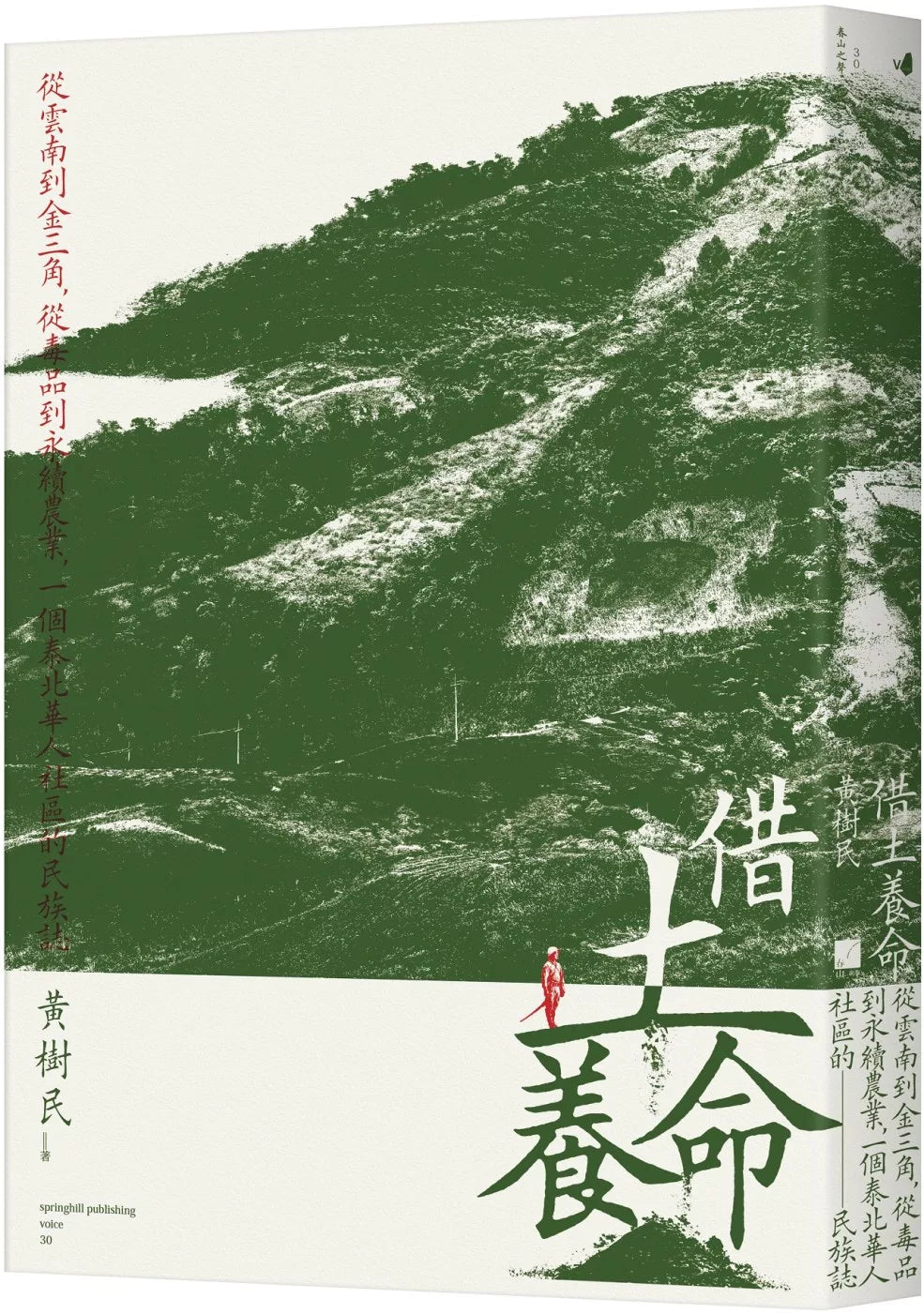1
/
of
1
Borrow the soil to support your life
Borrow the soil to support your life
Huang Shumin
Regular price
$21.99 USD
Regular price
Sale price
$21.99 USD
Unit price
/
per
Low stock
Couldn't load pickup availability
About Book
About Book
This book tells the story of a lone army in northern Thailand.
Why was the "isolated army" so "isolated"? In 1949, when the Kuomintang (KMT) was defeated in the Chinese-Communist War and evacuated mainland China, over a thousand KMT soldiers in Yunnan, along with local residents unwilling to accept Communist rule, retreated from Yunnan into Myanmar, becoming a displaced people. These individuals were subsequently forced out by the Burmese government and reluctantly settled in the Golden Triangle region of northern Thailand, where they were finally accepted as Thai citizens in the 1980s. For three decades, they were without political affiliation, without economic roots, with no prospect of returning home. Isolated and helpless, they had no choice but to rebuild their lives on their own.
How did these displaced people manage to survive in the unfamiliar and treacherous jungles of the Golden Triangle, "borrowing the land to support themselves"? The author, anthropologist Huang Shumin, led a team on a field trip to Meihong Village (a pseudonym), one of the larger villages in the region. With two primary questions in mind, he writes a survival chronicle of this struggle.
The Golden Triangle is a notorious source of narcotics, and the villagers of Mae Hong were initially actively involved in organized drug trafficking. However, after finally obtaining Thai citizenship, they diligently transitioned, developing a mountain farming model specializing in the production and sale of tropical fruits. This success has gradually improved their material well-being. But behind this success lies the question of whether their land use practices meet sustainable agricultural standards. While striving for economic success, are they also taking into account the ecological environment? This is the author's primary concern.
The author's second concern concerns their spiritual world. The people portrayed in this book revere traditional Chinese culture and consider themselves its loyal guardians. How do they preserve and recreate their ideal (or imagined) Confucian moral order in a remote and alien land? The author depicts this cultural reproduction through the daily institutions of Meihong Village, such as education and rituals, interspersed with the thoughts of the village's youth.
In the 21st century, amidst globalization, the armed exiles from Yunnan, who began establishing settlements in the Golden Triangle in the 1950s, have long since left behind the hardships of living on the land and settled down there. However, the author notes that conflicts and tensions are rising within the village due to power transitions and generational differences in identity.
Can they successfully navigate the challenges posed by this new era? What insights and reflections can micro-ethnographic research offer to macro-level theories of globalization? The author offers his answers at the end of this book.
Why was the "isolated army" so "isolated"? In 1949, when the Kuomintang (KMT) was defeated in the Chinese-Communist War and evacuated mainland China, over a thousand KMT soldiers in Yunnan, along with local residents unwilling to accept Communist rule, retreated from Yunnan into Myanmar, becoming a displaced people. These individuals were subsequently forced out by the Burmese government and reluctantly settled in the Golden Triangle region of northern Thailand, where they were finally accepted as Thai citizens in the 1980s. For three decades, they were without political affiliation, without economic roots, with no prospect of returning home. Isolated and helpless, they had no choice but to rebuild their lives on their own.
How did these displaced people manage to survive in the unfamiliar and treacherous jungles of the Golden Triangle, "borrowing the land to support themselves"? The author, anthropologist Huang Shumin, led a team on a field trip to Meihong Village (a pseudonym), one of the larger villages in the region. With two primary questions in mind, he writes a survival chronicle of this struggle.
The Golden Triangle is a notorious source of narcotics, and the villagers of Mae Hong were initially actively involved in organized drug trafficking. However, after finally obtaining Thai citizenship, they diligently transitioned, developing a mountain farming model specializing in the production and sale of tropical fruits. This success has gradually improved their material well-being. But behind this success lies the question of whether their land use practices meet sustainable agricultural standards. While striving for economic success, are they also taking into account the ecological environment? This is the author's primary concern.
The author's second concern concerns their spiritual world. The people portrayed in this book revere traditional Chinese culture and consider themselves its loyal guardians. How do they preserve and recreate their ideal (or imagined) Confucian moral order in a remote and alien land? The author depicts this cultural reproduction through the daily institutions of Meihong Village, such as education and rituals, interspersed with the thoughts of the village's youth.
In the 21st century, amidst globalization, the armed exiles from Yunnan, who began establishing settlements in the Golden Triangle in the 1950s, have long since left behind the hardships of living on the land and settled down there. However, the author notes that conflicts and tensions are rising within the village due to power transitions and generational differences in identity.
Can they successfully navigate the challenges posed by this new era? What insights and reflections can micro-ethnographic research offer to macro-level theories of globalization? The author offers his answers at the end of this book.
Publication Date
Publication Date
2021-11-16
Publisher
Publisher
春山出版公司
Imprint
Imprint
Pages
Pages
256
ISBN
ISBN
9786269524228
share

